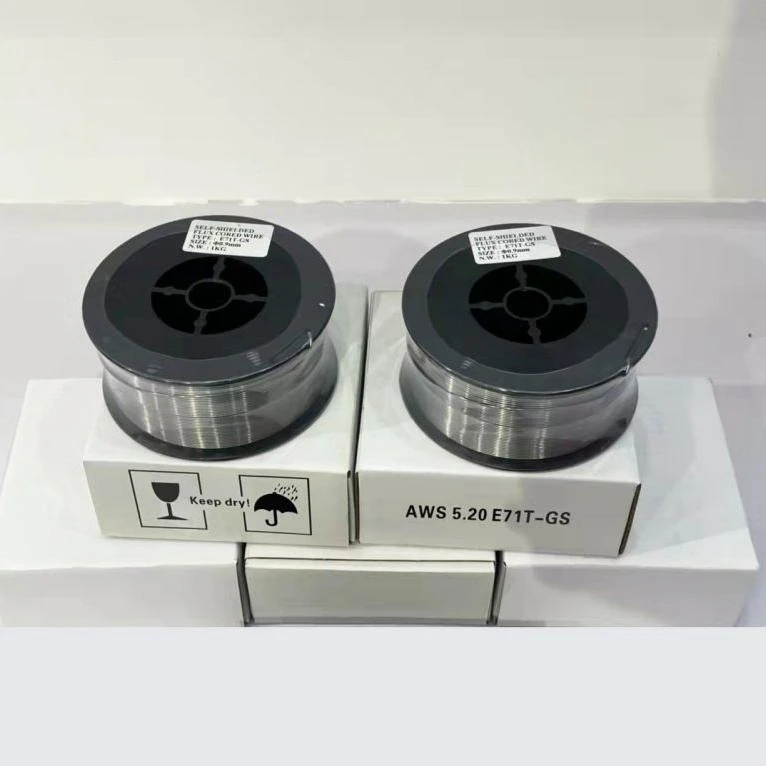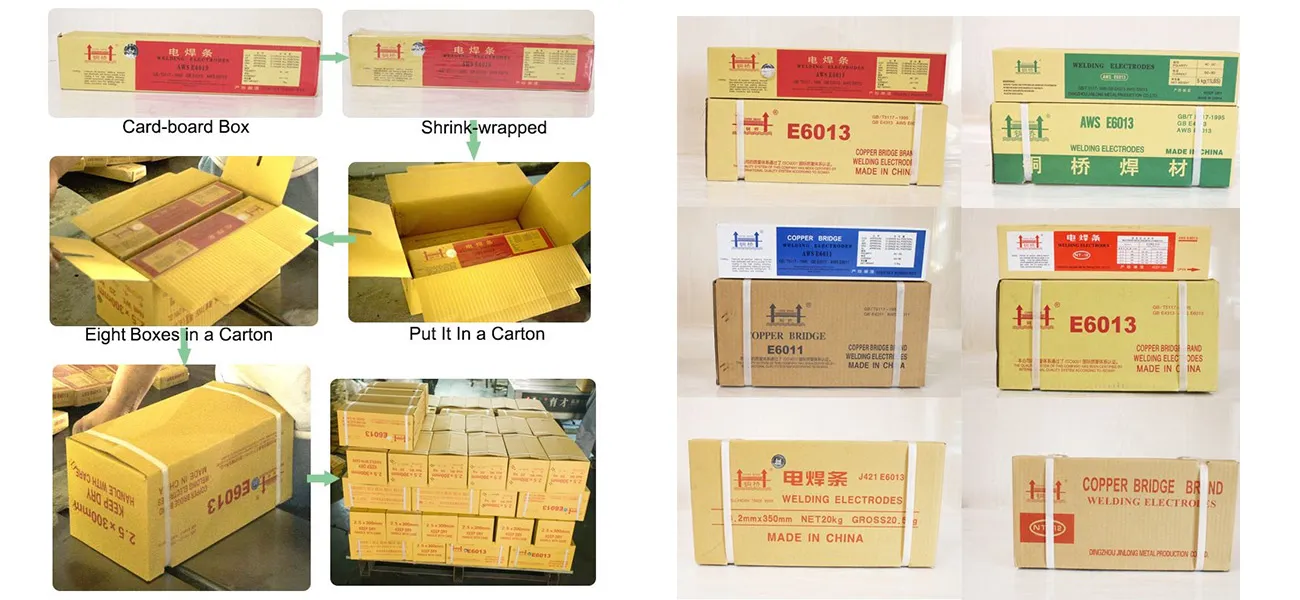" title=''>
2025-08-14 02:24Read2001Visitors
Cast iron welding rod is a welding rod used for cast iron, characterized by high strength and good plasticity. It is suitable for gray cast iron and ductile iron, and can be machined.
Cast iron is usually classified according to the distribution of carbon in cast iron, and can generally be divided into white cast iron, gray cast iron, ductile cast iron, vermicular cast iron and malleable cast iron. Due to the high carbon content, uneven structure, low plasticity and poor weldability of cast iron, it is very easy to produce defects such as white cast iron, cracks and pores during welding. Special attention should be paid to the selection of welding process and welding materials during welding. For welding rod arc welding, it can basically be divided into two categories, one is the homogeneous weld type, namely cast iron type; the other is the heterogeneous weld type such as: steel (carbon steel or alloy structural steel, etc.), pure Ni (pure nickel 308), Ni-Fe (nickel iron 408), Ni-Cu (nickel copper 508), Ni-Fe-Cu, Fe-Cu, etc. When selecting welding rods, you can choose according to different cast iron materials, different cutting requirements, different service conditions and importance, different structural characteristics, stiffness, etc.
...
...
...
The diversity of welding applications necessitates a variety of electrodes, each tailored to specific tasks. For instance, mild steel electrodes, predominantly used in general fabrication, offer remarkable versatility. Stainless steel electrodes, conversely, are essential for applications demanding corrosion resistance, such as in chemical processing equipment. Manufacturers possessing the foresight to provide a wide spectrum of electrodes cater to a broader clientele, fostering customer loyalty and market presence.

The diversity of welding applications necessitates a variety of electrodes, each tailored to specific tasks. For instance, mild steel electrodes, predominantly used in general fabrication, offer remarkable versatility. Stainless steel electrodes, conversely, are essential for applications demanding corrosion resistance, such as in chemical processing equipment. Manufacturers possessing the foresight to provide a wide spectrum of electrodes cater to a broader clientele, fostering customer loyalty and market presence.

The diversity of welding applications necessitates a variety of electrodes, each tailored to specific tasks. For instance, mild steel electrodes, predominantly used in general fabrication, offer remarkable versatility. Stainless steel electrodes, conversely, are essential for applications demanding corrosion resistance, such as in chemical processing equipment. Manufacturers possessing the foresight to provide a wide spectrum of electrodes cater to a broader clientele, fostering customer loyalty and market presence.

...
Comprehensive Guide to 6013 Welding Rod Sizes Expert Insights and Best Practices When it comes to we...
...
...
...
Professional expertise signifies a supplier’s proficiency in the technical details and applications of welding electrodes. A knowledgeable supplier not only stocks a diverse range of electrodes, such as E6010, E7018, or stainless options but can also provide guidance on the best electrode for your specific welding technique, be it SMAW, MIG, or TIG. Their advice can be invaluable in ensuring that the chosen electrodes match the project requirements and environmental conditions, such as humidity or temperature variations.

Professional expertise signifies a supplier’s proficiency in the technical details and applications of welding electrodes. A knowledgeable supplier not only stocks a diverse range of electrodes, such as E6010, E7018, or stainless options but can also provide guidance on the best electrode for your specific welding technique, be it SMAW, MIG, or TIG. Their advice can be invaluable in ensuring that the chosen electrodes match the project requirements and environmental conditions, such as humidity or temperature variations.

...
China's authority in the manufacturing sector is well recognized, and its role in the welding industry is no different. With several leading manufacturers exporting globally, they have established themselves as authoritative figures in the production of welding electrodes. These companies have been instrumental in the development of global welding standards, continually improving and adapting their products to meet the ever-evolving demands of industries such as shipbuilding, automotive, and infrastructure.
...